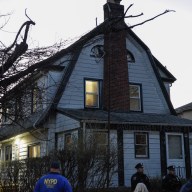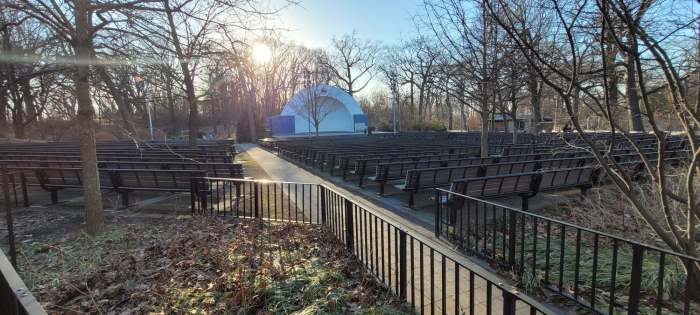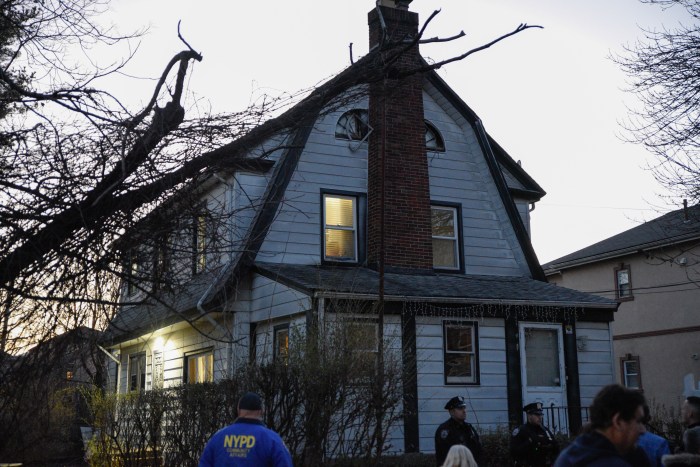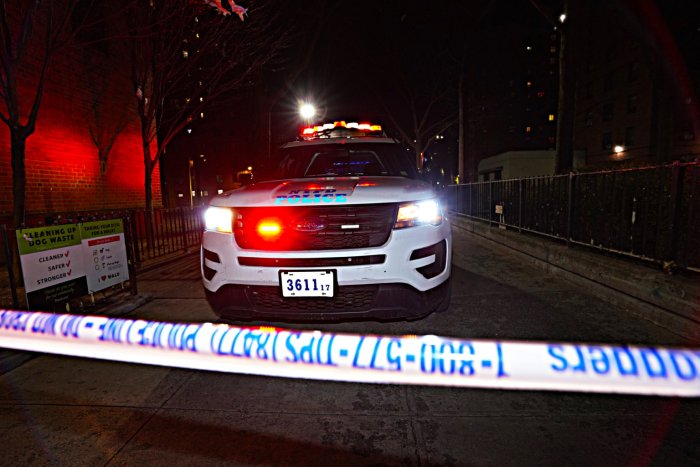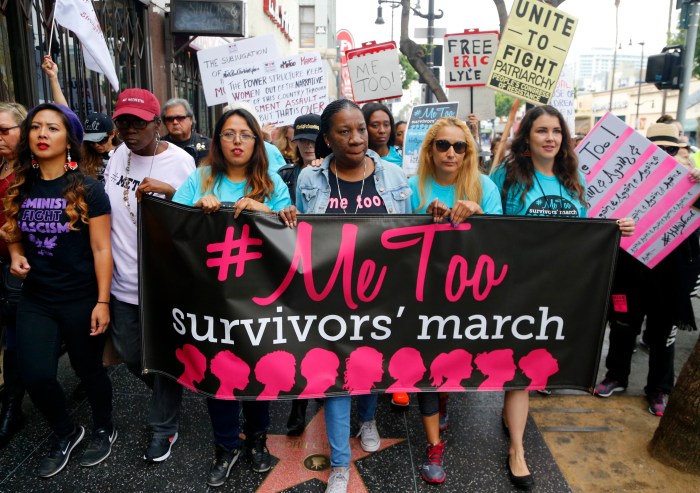By Philip Newman
The Metropolitan Transportation Authority has issued an earlier-than-usual budget plan which the agency says is intended to “improve public access to information” and which calls for no increase in transit fares next year.
What the MTA officially terms the Financial Plan and Preliminary 2004 Budget “assumes no additional fare or toll increases through 2004, avoids reductions in current levels of service systemwide and maintains system safety and security.”
The new $7.2 billion budget is subject to a vote of approval by the full board of the MTA in December.
“The new budget process, adopted by the MTA board in May 2003, is designed to enhance the transparency of MTA finances and improve public access to information,” an MTA statement said.
The MTA may have been reacting at least in part to widespread criticism of the agency as accountable to nobody except Gov. George Pataki, who appoints most of its members. Critics had accused the MTA of reaching decisions on higher transit fares, commuter railroad tickets and tolls while hiding budget surpluses to justify the hikes.
“I believe this new process is a critical step in our ongoing transparency effort,” said MTA Chairman Peter Kalikow. “Our customers can see the value of our system investment every day. Now they will have a better understanding of our finances as well.”
Although the MTA said it would avoid cuts in service, the MTA indicated it would go ahead with shutting down 62 subway token booths, including 12 in Queens. The way was cleared last week when Pataki vetoed a legislative bill to delay the closings for three years.
Criticism of the MTA had grown since state Comptroller Alan Hevesi and New York City Comptroller William Thompson in the spring accused the agency of not fully and accurately informing the public of its finances.
Hevesi accused the MTA of arrogance and contempt for the public, hiding more than $500 million in funds in pursuit of a fare increase and of keeping two sets of books, one for public view and another for internal use.
The MTA countered by denying the allegations and suggesting the criticism was politically motivated.
The agency said it planned to issued a four year financial plan in two months and invite public comment.
The MTA held 10 public hearings, including one on Feb. 19 at Queens Borough Hall, on whether to increase subway and bus fares from $1.50 to $2 and commuter railroad fares by 25 percent as well as to raise bridge and tunnel tolls. The agency voted in March to approve all the increases.
The transit activist agency Straphangers Campaign filed a lawsuit to force a rollback of the fare increase, contending that the MTA had exaggerated the need for a fare increase in 2003. State Supreme Court Justice Louis York in Manhattan ordered a fare rollback May 14.
The MTA appealed the ruling, which was reversed unanimously on July 15 by a five-judge panel of the state Supreme Court Appellate Division. The Straphangers appealed to the Court of Appeals, which is now considering the case.
The MTA Financial Plan includes an experimental venture to permit riders of commuter lines like the Long Island Rail Road to travel within the city for $2.50. The arrangement would last six months to determine if it was popular enough to make permanent.
It would also include the purchase of new rail cars on the Long Island Rail Road and insurance to provide replacement of lost or stolen monthly MetroCards.
Reach contributing writer Philip Newman by e-mail at Timesledger@aol.com or call 229-0300, Ext. 136.







